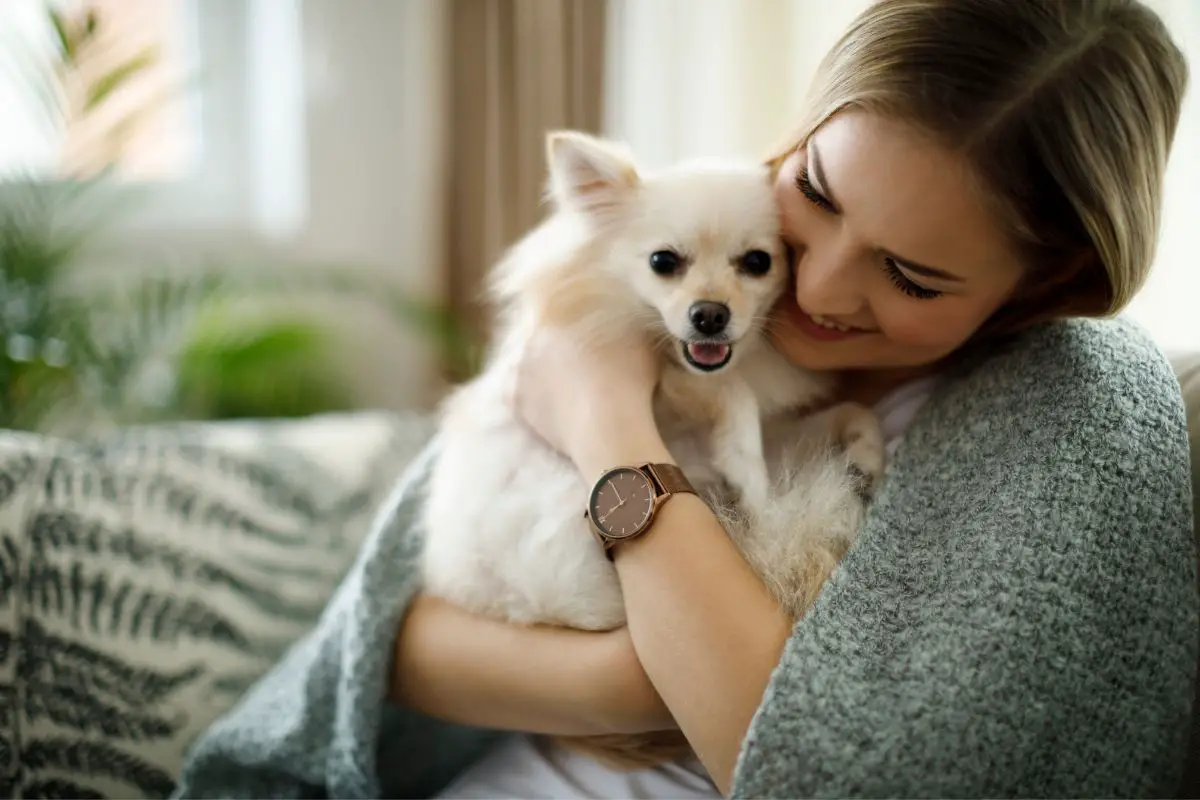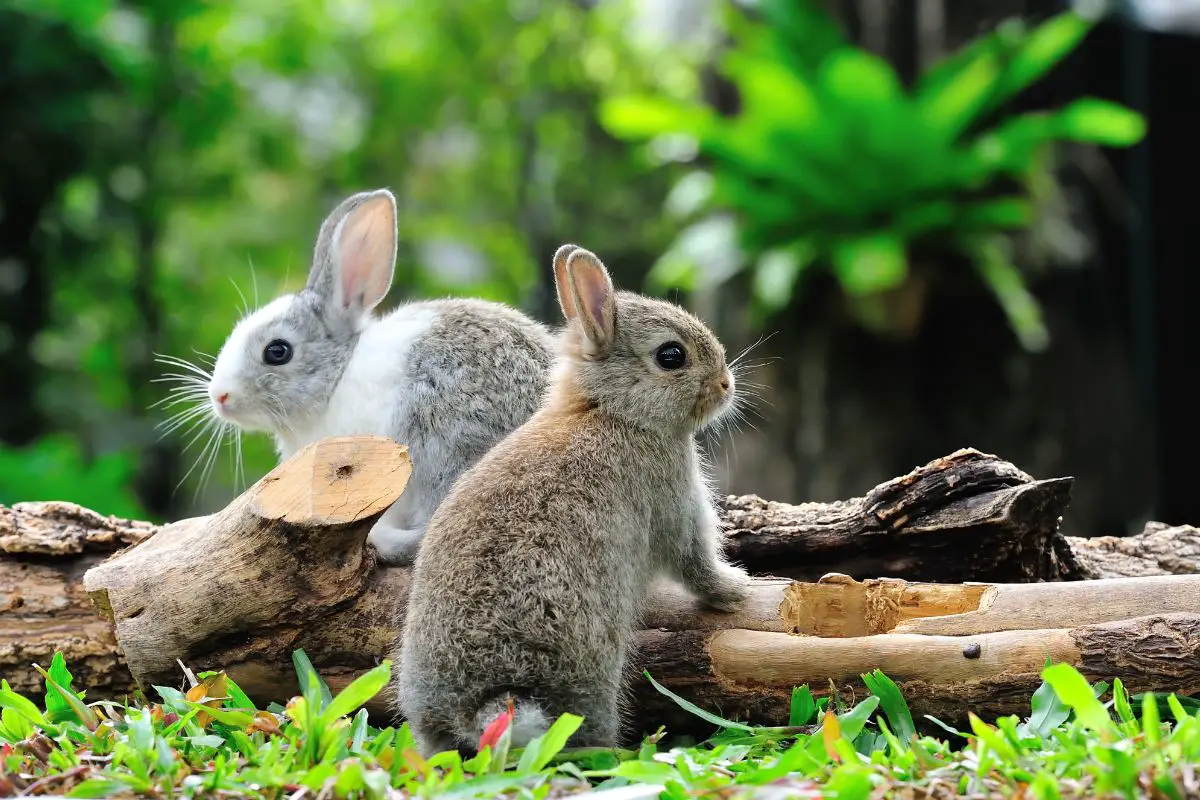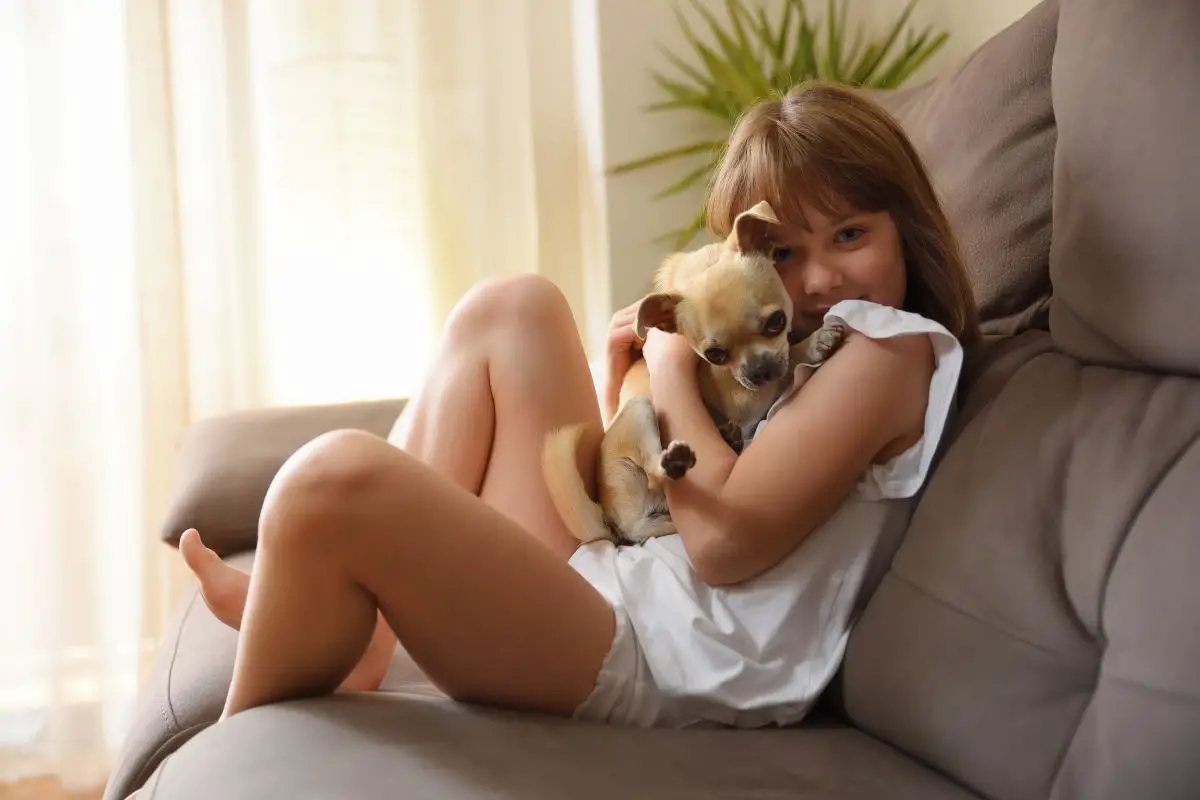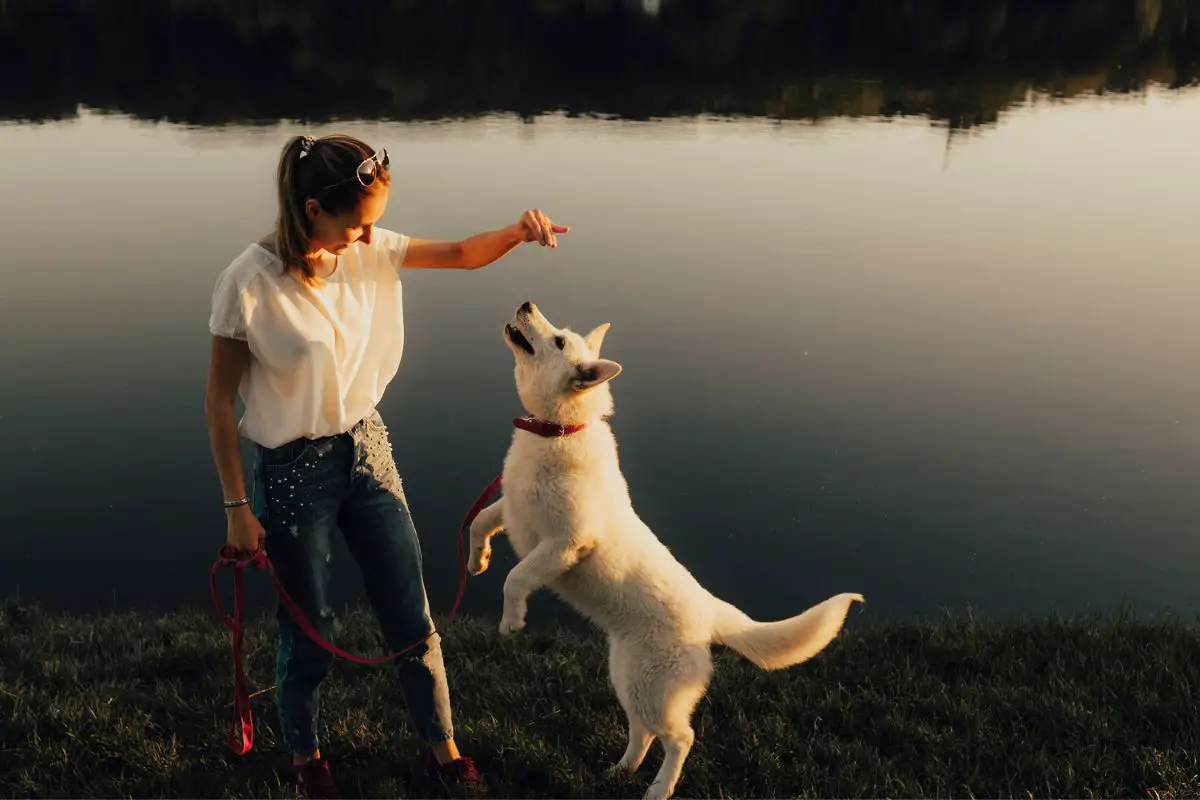Puppies are adorable little bundles of joy. They bring us hours of entertainment and love. But they also require a lot of time and effort from their owners.
If you want to train your puppy properly, you should start at an early age.
Puppies are cute and cuddly, but they can also be very destructive.
They chew through furniture, destroy clothes and even bite other animals. The good thing is that puppies don’t get better at these things as they get older.

The Beginning Steps
Training a puppy starts when he or she is around 6 weeks old. Puppies are smart and eager to please, so you shouldn’t have much trouble teaching them basic commands.
Start off by using positive reinforcement, such as praising your dog whenever he or she does something right. You will need to reward your puppy with treats for doing the right things.
When you first introduce your puppy to new people or places, make sure that you supervise closely. Don’t let your puppy wander away while you talk to someone else.
Also, never leave your puppy alone with strangers.
When you take your puppy outside, always keep him or her close by. Never allow him or her to roam free. Always walk your puppy on a leash until he or she gets used to being out in public.
Never let your puppy sleep inside. He or she needs fresh air and sunshine. A crate is great for this purpose. However, avoid letting your puppy sleep in a crate all day long.
Instead, put your puppy into the crate for short periods of time.
Never force your puppy to perform tricks. Puppies are naturally curious creatures. Let your puppy explore everything around him or her. You will find that he or she enjoys learning new things.
Once your puppy reaches about 12 months old, you can begin to teach him or her some basic commands. These include sit, stay, down, come, heel, wait and shake.
Use praise words like “good boy” or “good girl” whenever your puppy obeys your command.
Your puppy will soon learn how to obey your commands. As he or she grows older, you will gradually reduce the amount of praise that you give. Eventually, you will stop giving any kind of verbal encouragement altogether.
What Age Can You Start Training Your Puppy?
Puppies need lots of socialization when they first arrive at your house. They will need time to get comfortable around other dogs and cats.
Puppy classes give puppies an opportunity to meet other puppies and practice socialization skills. Puppies also need to learn basic obedience commands like “sit” and “stay.”
What Are The Best Tips And Tricks For Puppy Training?
Puppies need a lot of love and attention! Puppies are very young dogs and will require lots of care and patience. Here are some basic puppy training tricks to help you get your puppy ready for life.
Positive Style Reinforcement
Positive reinforcement is the best method of training your puppy. It is the only acceptable method of training, and it is scientifically proven to work. Punishment should never be used.
There are many ways to reward your dog for doing what you ask him to do. You could give them a tasty treat, play with them, praise them, pet them, sing to them, or even just say thank you.
The key is finding something that works well for both you and your dog. If you are unsure about what will motivate your pup, talk to other owners and see what they recommend.
Short Training Sessions
When training puppies, you should start with short sessions, around five minutes long, and then gradually increase the length of time until you reach an average of fifteen minutes per day.
Puppy attention spans are quite short, so end your session positively so that they are excited about the next session!
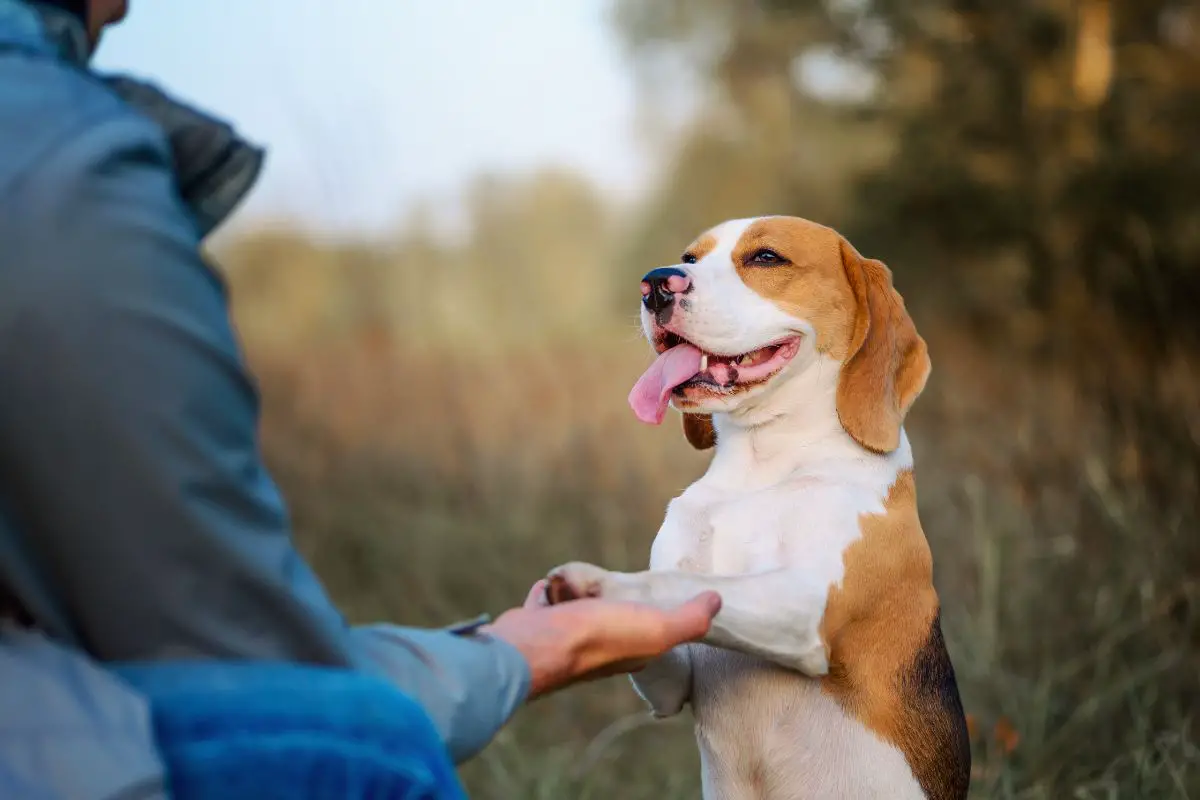
Consistency
When teaching cues, consistency is key. You need to use the same word or gesture every time you give a cue. If you use different words or gestures, your dog will not understand what you mean.
Also, make sure to reinforce any behavior you want to see again. If you want your dog to go to the bathroom outside, stop whatever you are doing, let him out, and reward him for going outside.
Alternative Environments
Puppies need to get familiar with new environments before going out. If you’re taking them to a park or the beach, it’s best to let them explore and play around first.
Puppies should not go to places where there are other dogs until after they’ve completed their puppy vaccinations.
Be Extremely Patient
Puppyhood is an exciting time for any family. Puppies are growing and learning. They will make mistakes, and may not always understand everything you ask them to do.
All puppies learn at varying rates, so stay consistent and don’t become frustrated. A consistent routine with feeding, play times, naps, and potty breaks will help your puppy feel safe and secure. This will help him/her to learn!
What Ages Should You Be Teaching?
When do you teach your dog different cues? House training starts at around 2 weeks old. Puppies need to be taught basic commands like “sit”, “down”, “stay”, “come”, and “heel”.
Teaching them these simple commands will help them become well-trained dogs. Training puppies is a great way to bond with your dog.
You can also train your dog using clicker training. Clickers are small devices that emit an audible sound whenever they receive a reward. There are many benefits to teaching your dog using clicker techniques.
For example, clicker training helps build trust and confidence. Your dog learns quickly because he knows what to expect. Clicker training also builds self-control and discipline.
7 Or 8 Weeks
Basic Training (Sit, Stay, Leave): You can start with basic training as early as 7 weeks. You will need treats to get your pup to sit and stay. When you place your dog in a sit position, give him a reward.
If he stays there, give him another treat. Repeat this until he understands what you mean when you say “sit” or “stay.” Then try leaving the room for a few seconds before returning.
8 Or 10 Weeks
Crate training is an important tool for dog owners. Puppies need to feel secure when they are sleeping. Crate training helps puppies become well-adjusted to life indoors.
Crate training also teaches puppies to not chew or destroy furniture. Crate training is easy and effective.
10 Or 12 Weeks
Puppies grow up fast! At around seven weeks old, puppies begin to show signs of independence and start exploring their environment. While playing with toys, puppies will often try to grab your hands and feet.
If you notice that your puppy is doing this, gently pull his head back and say “No!” while giving him an alternative object to play with instead. Once he learns not to bite, he’ll stop trying to grab your hands and paws.

12 Or More Weeks
Potty training is an essential part of raising a puppy. A puppy needs to learn when to go and when to not pee or poop. If you keep them inside all the time, they will never learn how to do their business properly.
You need to get them out early and often.
Give them treats if they go to the bathroom. Keep them busy during the day, so they don’t have time to go to the bathroom. Let them sniff everything around the house. Potty training takes about three months.
Final Thoughts
When it comes to training your puppy, consistency is key. Be consistent with your methods, and you’ll end up with a well-behaved dog who obeys every command. Don’t rush through training. Take your time and enjoy each step along the way.
The best thing about owning a puppy is the unconditional love it gives you. However, caring for a puppy requires patience, dedication, and lots of work. This guide will help you prepare for your new furry friend’s arrival.
- Are Antlers Safe For Dogs? - January 14, 2024
- Can Dogs Eat Honey Nut Cheerios? - December 23, 2023
- Natural Deworming Remedies for Your Dog - December 18, 2023



